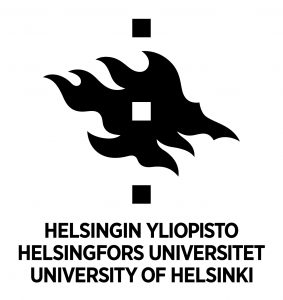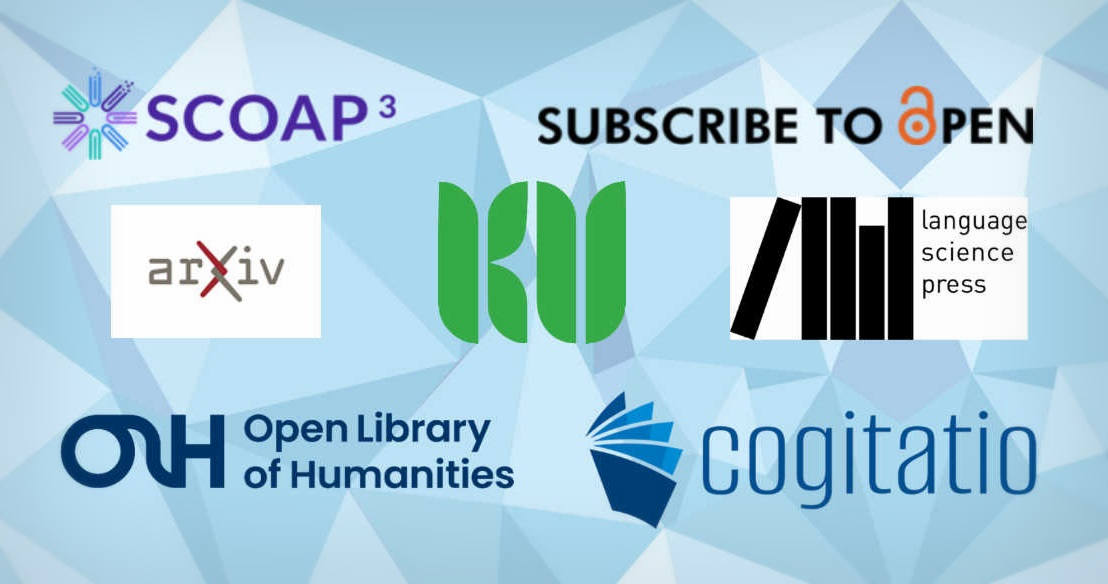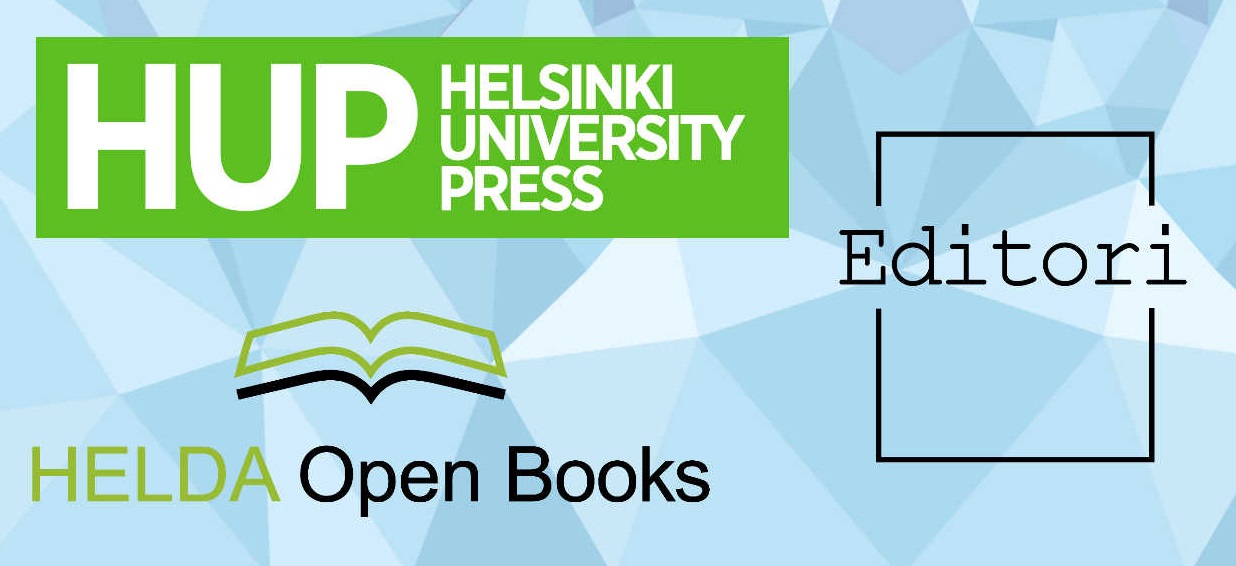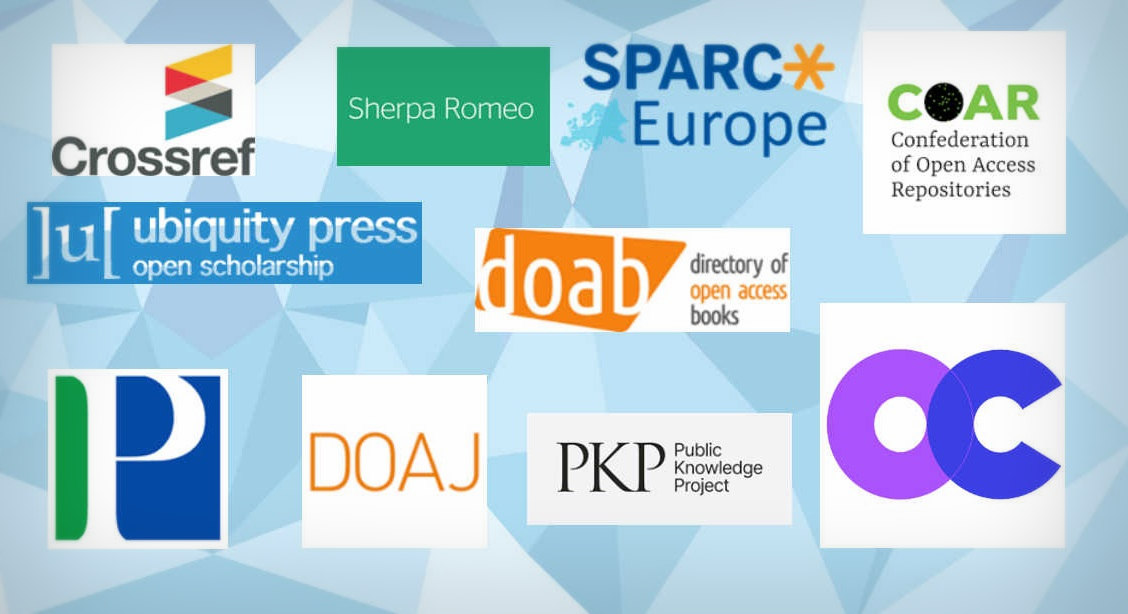Diamond open access model – open access with no author fees – has emerged strongly, particularly in the European discussions on how to move towards a more sustainable publishing culture. Diamond OA is usually funded by organisations, and this blog article will present the different ways in which the University of Helsinki is funding diamond publishing. It also provides some background on the phenomenon from a broader UH perspective.
(Tämä artikkeli on saatavissa myös suomeksi.)
Text: Juuso Ala-Kyyny & Mika Holopainen (Helsinki University Library)
 So-called diamond open access, where no author fees are charged, covers around 8–9 % of the world’s scientific publications. It is typically funded through organisations and consortia.
So-called diamond open access, where no author fees are charged, covers around 8–9 % of the world’s scientific publications. It is typically funded through organisations and consortia.
Also the University of Helsinki supports open access publishing of the diamond model through various membership and support fees. This blog article describes the diamond OA publishers supported by the UH, either independently or as part of the FinELib library consortium. Similarly, the UH’s own open access publishing venues represent a diamond OA model of publishing. In addition, an overview of the support for open access infrastructure is provided.
The article is a follow-up to an earlier blog article on the EU’s desire to get rid of author fees for open access publishing, which discussed the EU’s efforts to promote diamond OA publishing.
Why does the university support the diamond model?
University libraries have a key role to play in providing open access services and developing models of operation. This is the view of Minna Niemi-Grundström, University Librarian at the Helsinki University Library.
”Openness is a strategic choice for the University of Helsinki, and openness in publishing can be supported not only by our own publishing services, but also by investing in development projects and services where we are involved in developing sustainable and responsible publishing practices more widely. The Helsinki University Library has been supporting such actors long before the diamond open access model was even discussed”, says Niemi-Grundström.
As resources are limited, it is important to choose relevant diamond OA models.
”We aim to support initiatives and services that will benefit the researchers at the University of Helsinki and that we genuinely believe have the potential to develop new ways and approaches to scientific publishing. We also need to have enough information about the service or infrastructure to assess its effectiveness and suitability for us.”
Fragmentation as a problem of the diamond model
Stronger structures are needed to support the promotion of diamond OA publishing. Niemi-Grundström describes the current situation as fragmented.
”There are many players and not all of them may be in a position to develop. There is also a debate on whether the priority should be to support common open access infrastructures rather than targeting financial support to individual publishers or service providers.”
At European level, efforts have been made to address the problem of fragmentation by strengthening the diamond OA publishing ecosystem (e.g. the DIAMAS project). At national level, one option could be to strengthen cooperation between organisations to promote diamond publishing. However, from a library perspective, this also has its limitations.
”In addition to supporting open access publishing, the library’s role is also to provide broad access to information resources in different fields, regardless of the business model of the provider.”
There has been a period of transition over the last few years where libraries have been charging both open access and subscription fees (see blog article on transparency of open access pricing). This has been costly for the scientific community, and the drive to strengthen the diamond model of publishing in Europe has been seen as one way to a more sustainable publishing culture.
”Time has shown that the major international publishers are not ready to change their own business models and the so-called transformative deals have not led to a real transformation. The more diamond OA gains a foothold, the less interest and need we will have in the future to enter into open access contracts based on APC (article processing charges) payments, for example. But change will not only come from libraries, we need the whole scientific community and other donors to get involved”, says Niemi-Grundström.

Ways of supporting the diamond OA at the University of Helsinki
The University of Helsinki funds consortia and joint projects that increase the openness of books and other publications according to the diamond OA model. In practice, the Helsinki University Library handles the relevant memberships and fees. Publication can be supported through annual support or membership fees or by committing to a multi-year funding period.
arXiv
A repository of scientific preprint articles, particularly relevant in mathematics and physics, but also including articles in many other fields. Since 2010, it has been possible to fund the maintenance of arXiv with an annual contribution, with the UH as a supporter from the beginning. arXiv website Think Open blog article on arXiv.
Cogitatio Press
A publisher with four open access journals in its portfolio. It operates on the basis of an institutional membership model, in which the UH has been a member since 2018.
Knowledge Unlatched (KU)
An international service provider promoting open access to scientific books and journals through pledging campaigns. KU was taken over by the commercial science publisher Wiley in 2021. The Helsinki University Library has participated in two funding rounds, opening over 100 books.
Language Science Press (LSP)
As a scholar-led open access publisher in linguistics, LSP publishes dozens of open access books every year. LSP funds open access books as part of Knowledge Unlatched. Since 2018, the Helsinki University Library has been involved in all three funding periods – including the books to be opened in 2024–26.
Open Library of Humanities (OLH)
A publisher of the diamond OA model, currently hosting 28 journals in the humanities. The UH is participating in a three-year (2022–2024) support programme for OLH, managed in Finland by the FinELib library consortium.
SCOAP3 Journals
An international consortium of libraries and research organisations aims to transform particle physics journals into open access journals. The FinELib library consortium collects support fees in Finland, the amount of which depends on the number of publications an organisation publishes. Open access also reduces the price of journal packages. The UH also pays a support fee to run the SCOAP project and develop the model.
SCOAP3 Books
An international consortium of libraries and research organisations aims to make books in particle physics and related disciplines available to all. The UH has been involved in the book consortium as part of the FinELib consortium from 2021–2023 (opening of licensed books, so-called backlist titles) and in a follow-up project from 2023–2024 (publishing of open access books, so-called frontlist titles).
Subscribe to open (S20)
A joint library project aims to convert subscription-based journals into diamond open access journals for a year at a time – 168 journals have been opened this year. The open access contract will therefore be renewed on a journal-by-journal basis in the same way as subscription-based contracts. The University of Helsinki has been funding the open access of S20 journals since 2018.
University’s own diamond publishing services
The University of Helsinki offers three open access publishing venues. They are free of charge for researchers, thus they follow the principle of free of charge diamond open access publishing. Open access publishing in these services applies to book and journal publications.
Helsinki University Press (HUP)
A fully open access international scholarly publisher publishes peer-reviewed books and journals, free of charge to the author. Gaudeamus, the UH owned publishing house, is running HUP’s publishing activities.
Helda Open Books (HOB)
A publishing platform and service for open access books, free of charge to the author, was launched in 2018. The HOB collection can be found in the Helda repository. The Helsinki University Helsinki Library is responsible for the service, which is aimed at researchers and teachers at the UH.
Editori
A publishing service for open access journals, free of charge to the author. The Helsinki University Library is responsible for the service, which is aimed at researchers, teachers and students at the UH to set up journals.
Supporting the open access publishing infrastructure
In addition to publishing, the University of Helsinki also supports the open access publishing infrastructure in many ways. The OA publishing infrastructure also builds the conditions for diamond open access publishing, for example by helping to curate trusted open publishing channels or develop open source publishing platforms.
COAR – Confederation of Open Access Repositories
An international organisation supporting the operation and development of repositories. The Helsinki University Library is a member of COAR and pays an annual membership fee.
Crossref
An international organisation that manages DOIs (digital object identifiers) for research publications. The UH pays an annual membership fee for Crossref membership. The library issues DOIs for Helda Open Books and Editori publications.
DOAJ (Directory of Open Access Journals)
The most comprehensive, critically reviewed directory of scholarly open access journals. DOAJ already contains the details of nearly 20 000 open access journals. DOAJ is supported by the UH through the support fees collected by FinELib consortium.
DOAB (Directory of Open Access Books)
The most comprehensive, critically reviewed directory of scholarly open access books and publishers, including a sectoral breakdown with publisher information. DOAB already contains information on more than 70 000 open access books. The UH supports DOAB through support fees collected by FinELib consortium.
Open Citations
The open science infrastructure organisation publishes open bibliographic and citation data and promotes the openness of citations (Open Citations Initiative for Open Citations, I4OC). The UH pays an annual fee for supporting membership.
PhilPapers
A comprehensive database and repository of research literature and articles in the field of philosophy, as well as a community of scholars in philosophy. The UH contributes to its maintenance with an annual support fee.
PKP (Public Knowledge Project)
An international research and development project maintaining open source publishing platforms – OJS (Open Journal Systems), OMP (Open Monograph Press), and OPS (Open Preprint Systems). The UH supports the PKP through support fees collected by FinELib consortium.
Sherpa Romeo
An open online service where you can check the open access policies of registered journals and publishers, including whether a version of an article can be stored in the university’s open access repository. Sherpa Romeo is supported by the UH through a subsidy collected by FinELib consortium.
SPARC Europe
A European consortium promoting open science, which produces reports and seeks to influence policies on scientific openness. The UH supports SPARC through the support fees collected by FinELib consortium.
Ubiquity / Ubiquity Press
The publisher of open access books and journals also maintains a publishing platform designed for open access publishing. The UH pays an annual membership fee and Helsinki University Press (HUP) uses Ubiquity as its publishing platform.


